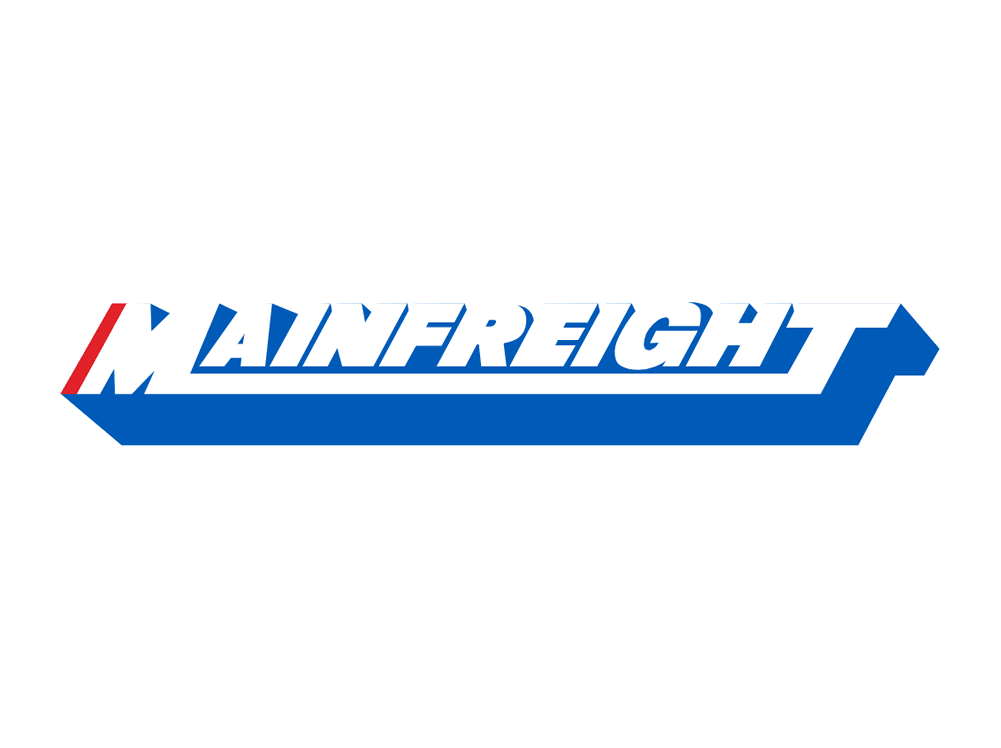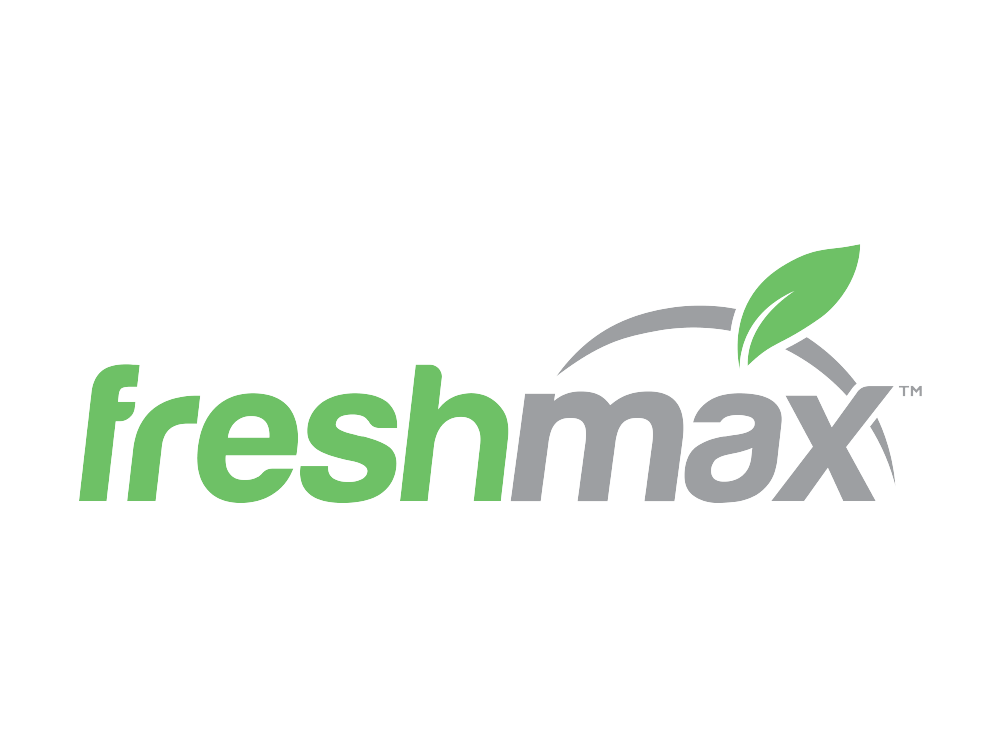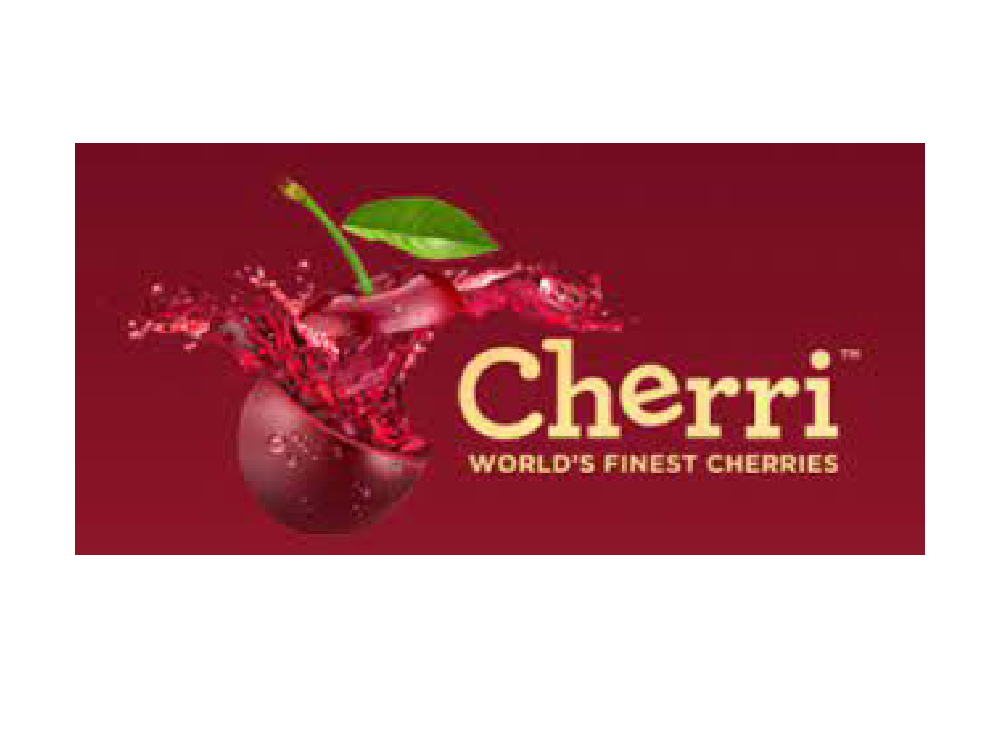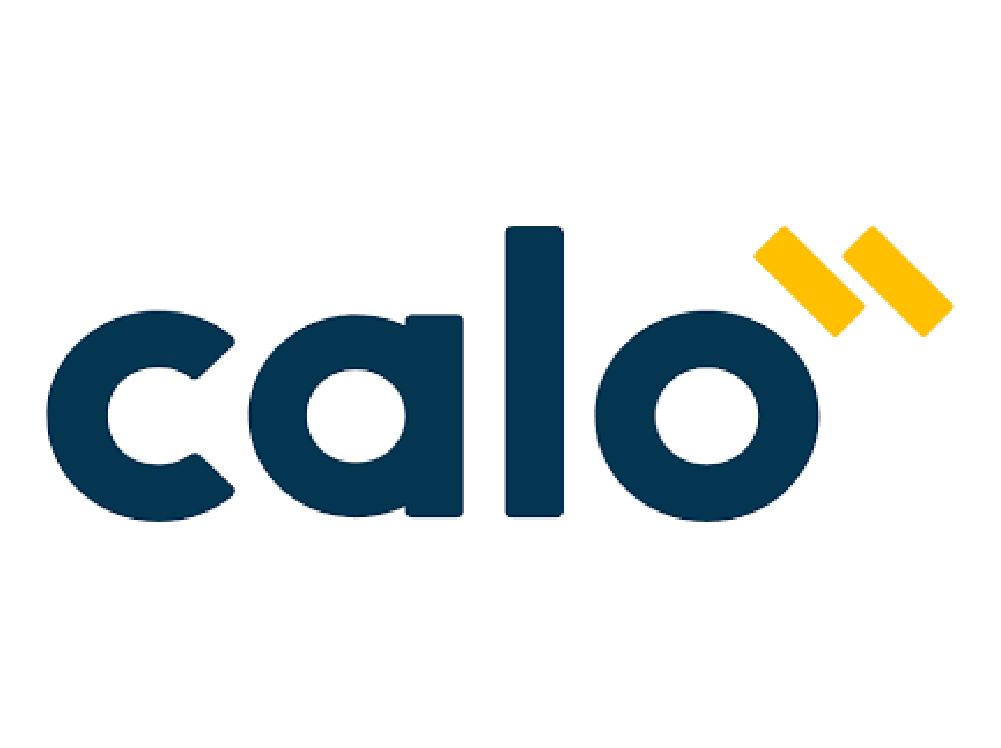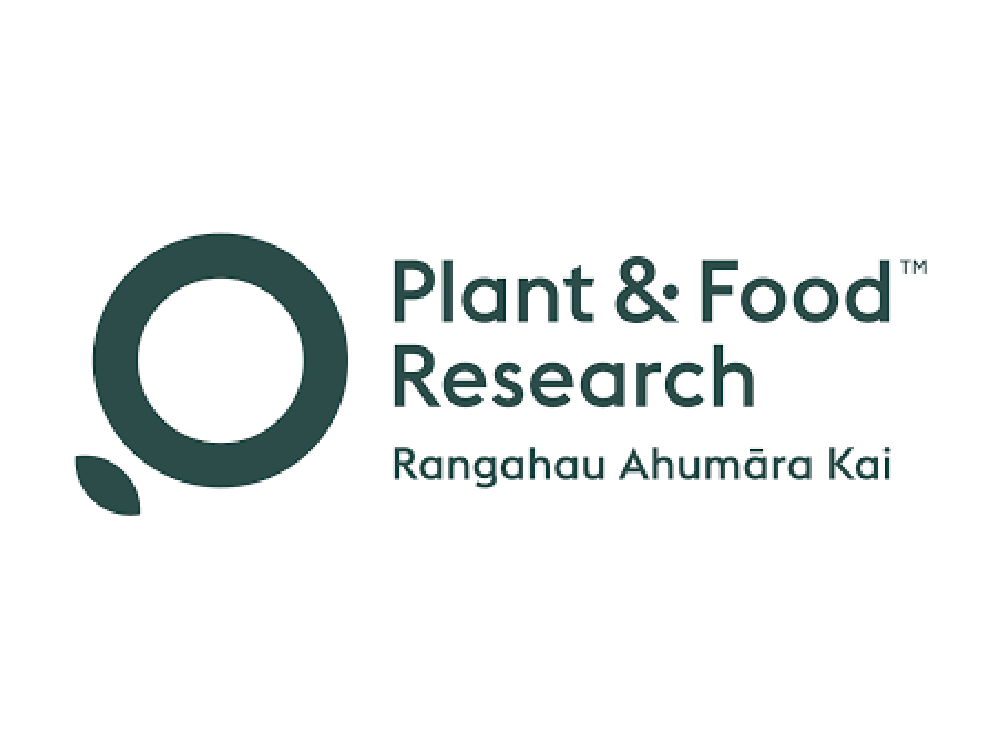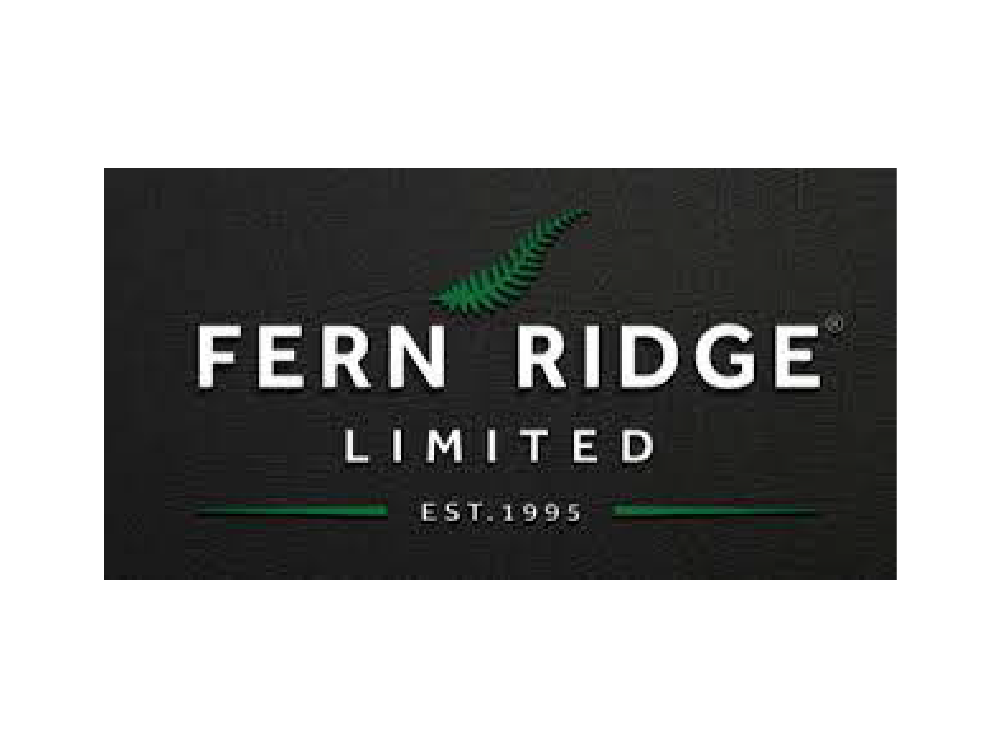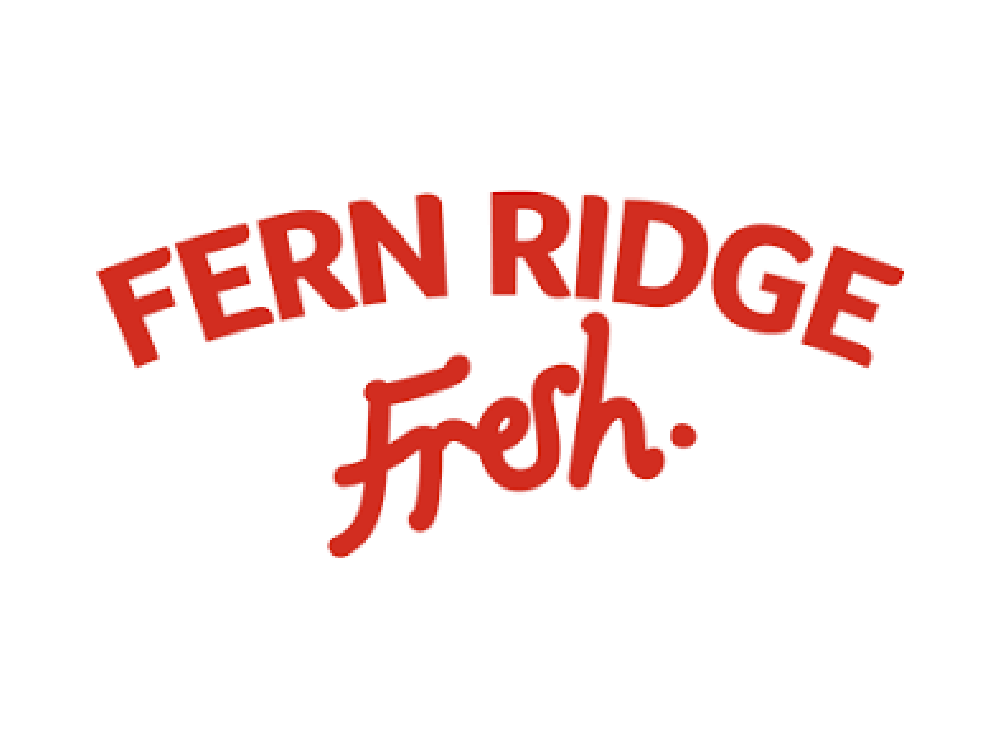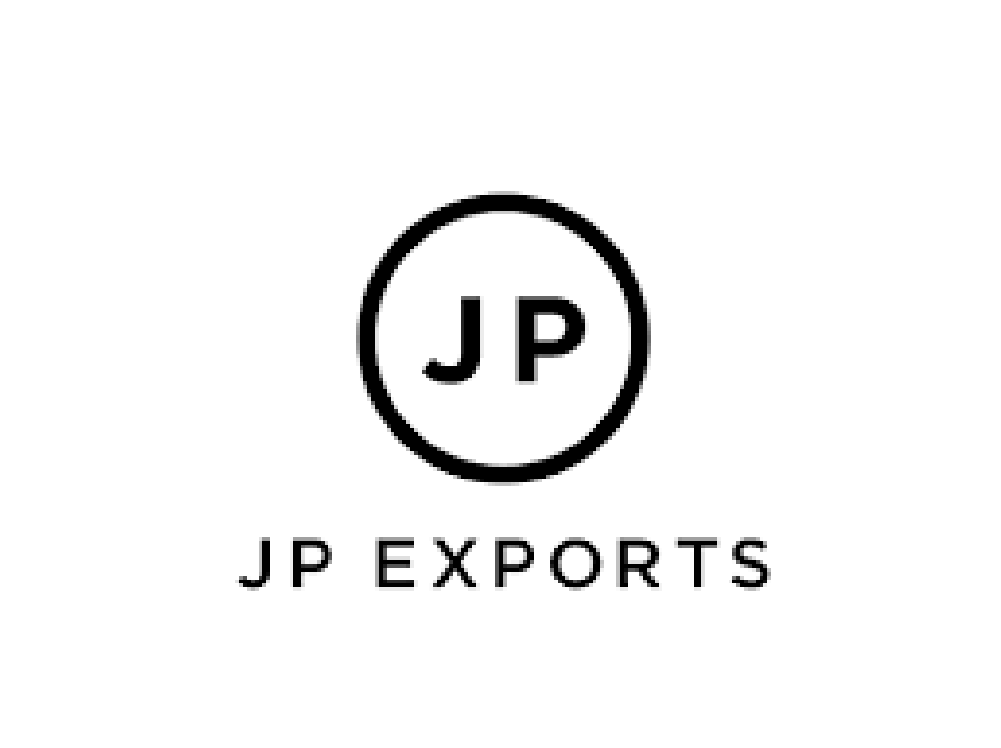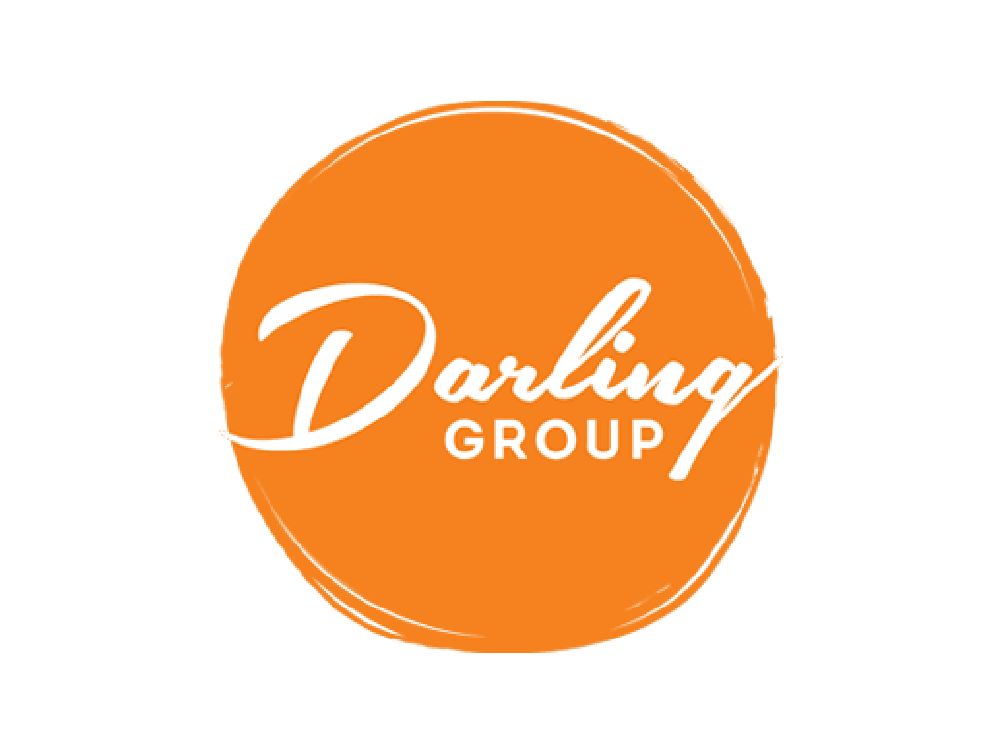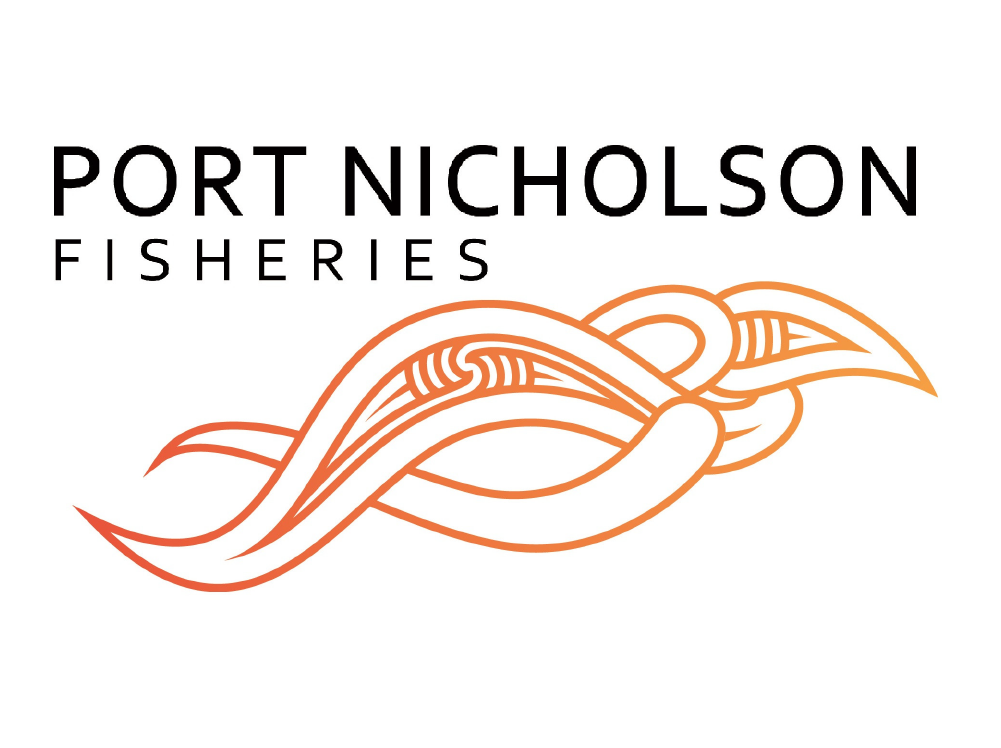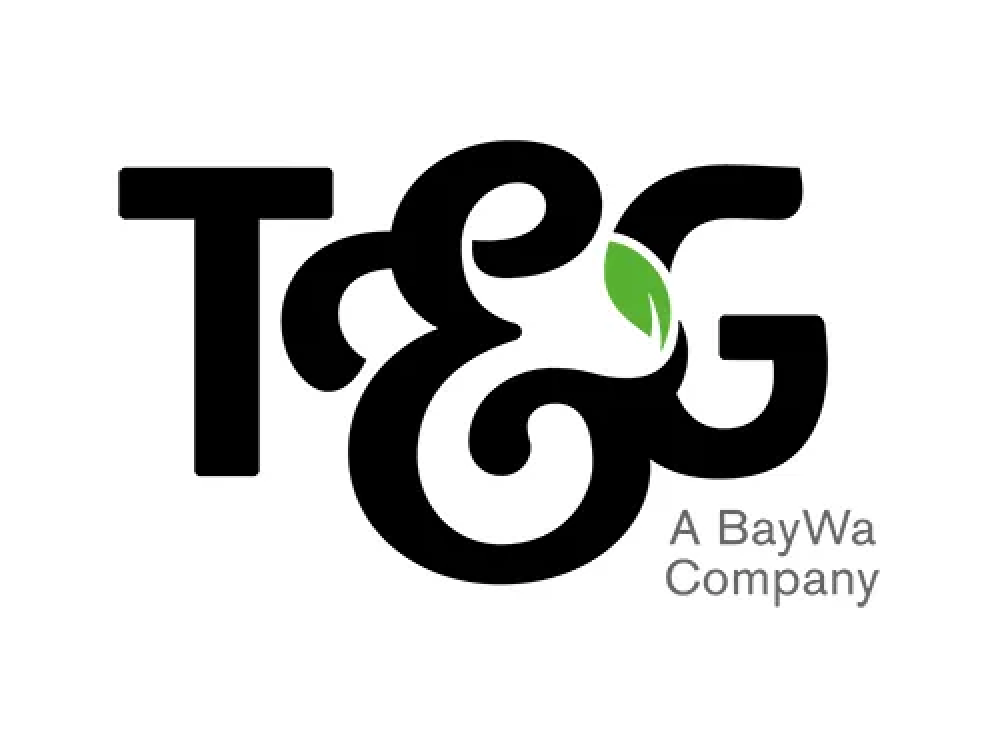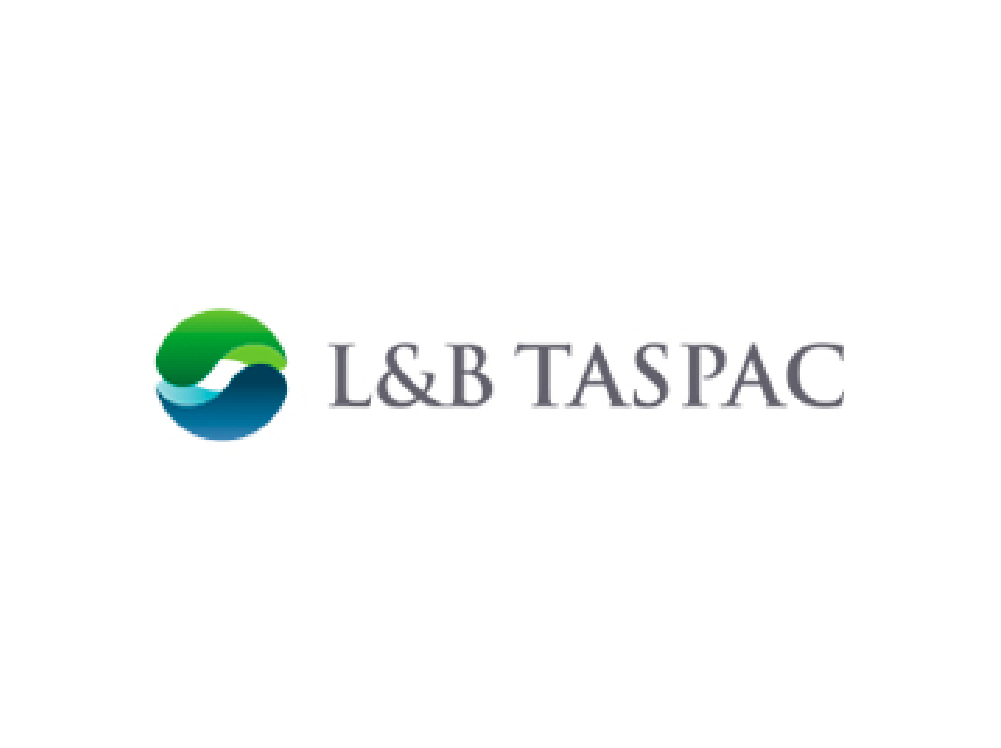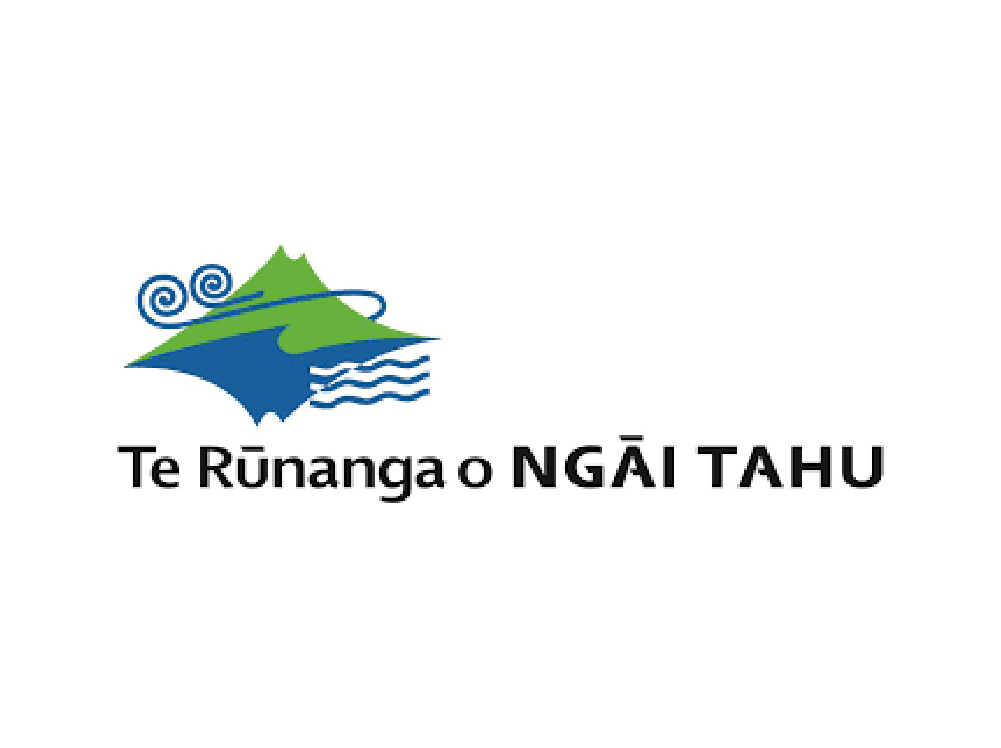Discover Frequently Asked Questions from Our Support
What Are Data Loggers?
Data loggers are advanced sensors that systematically collect and record data readings. Temperature data loggers can be particularly useful in the food retail industry for two primary reasons:
- They can automatically maintain robust temperature records that evidence due
diligence in storing food and drink at the correct temperature (with minimal, if any,
staff workload). - They can provide staff with prompt alerts to any temperature issues, giving them the
opportunity to correct these as quickly as possible, potentially preventing damage to
valuable, temperature-sensitive stock that would otherwise get wasted.
A wide variety of data loggers exist on the market, varying in connectivity options (how the user gets data readings from the data logger to a readable platform), accuracy level, alarming functionality, power supply, and other features. As specialists in data logging technology, we have a variety of data loggers available that are perfectly suited to monitoring food storage temperature throughout supermarkets and similar establishments.
How do you handle supply chain fluctuations or disruptions?
Contingency planning is a key element within any supply chain. It takes on even greater importance within the food and beverage industry, which is vulnerable to weather and agricultural conditions. Shippers must sometimes shift their sourcing and routing of products with very little notice to ensure real-time supply and just-in-time deliveries.
Do you track and trace products in the event of a recall?
Within the food supply chain, recalls are inevitable. To prevent consumers from getting sick and to protect their brands, food suppliers must be able to pull products off the shelf quickly when necessary. The ability to track products from farm to fork throughout the supply chain enables food distribution companies to intercept recalled items before they are delivered, or quickly thereafter.
How do you comply with food safety regulatory requirements?
As part of the Food Safety Act, food and beverage providers, as well as their supply chain partners, must not only provide proof that they've maintained temperatures, but also must be able to track and trace products quickly in the event of a recall. Transportation providers and pack houses may also need to verify that mechanically refrigerated cold storage compartments or containers and thermally insulated tanks were pre-cooled to the shipper's specifications before products were loaded. In addition, transportation providers must track temperatures while transporting perishable products to ensure food safety.
If You Have Any Other Questions, Please Feel Free to Contact Us
Monitor perishables throughout the cold chain with temperature tracking, location visibility, and data analytics.



